
Sprayed-on Vitamins
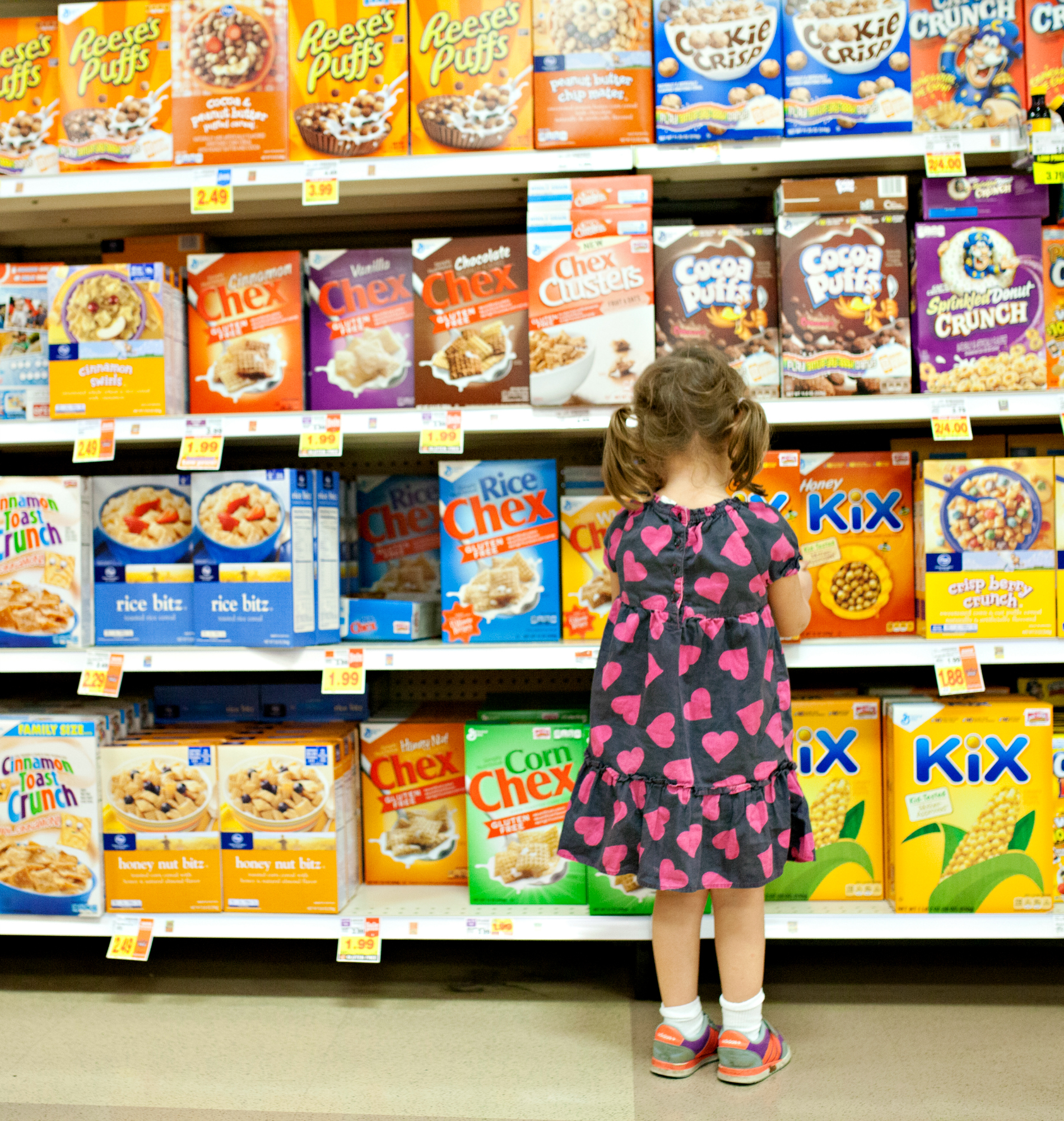
Eating well is the core of any healthy life. If you're not in optimal health, or if you're lacking energy, not sleeping well, feel like you'd be better off dropping a few pounds and your doctor says you're otherwise in decent health, you might want to make a few changes to how you eat. A few small changes could have a big impact.
Start with getting serious about eating nutrient-dense foods and giving up foods (such as most cereals) that have the vitamins sprayed on them in the processing plant.
Environmental Damage

Industrial food is causing much of the environmental damage we're now experiencing. Some argue that avoiding meat and dairy products is the single biggest way to reduce the negative impact you have on the planet. Livestock take up 83 percent of farmland around the world, but offer only 18 percent of our calories.
Too Much Sugar
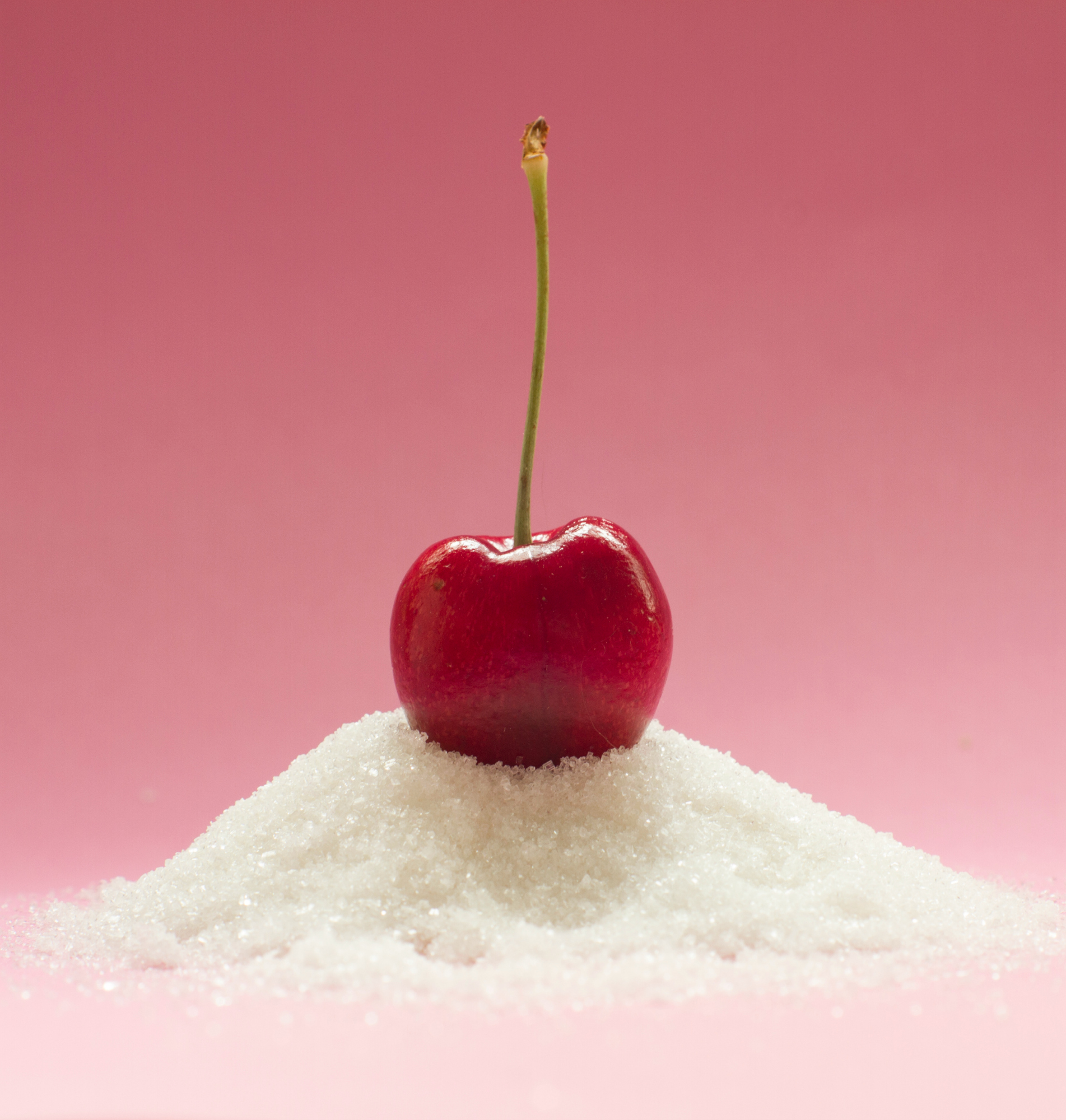
Sugar—sweet, sweet sugar—can be one of the biggest threats to good cardiovascular health. We used to think fats were the worst thing we could put in our bodies, but increasingly, evidence is pointing toward carbohydrates, especially those in the form of refined grains and sugars. Overconsumption of sugar puts us at a higher risk for metabolic diseases, such as fatty liver disease and diabetes.
Fewer Nutrients

Eating fresh fruits and vegetables is still a great way to get the vitamins and minerals you need. But recently, cultivated crops have declined in their nutritional value, perhaps due somewhat to soil depletion but mostly due to the varieties that have been cultivated and are most available. Experts suggest eating more fruits, vegetables and nutritious grains to make up for the difference.
Superfoods as Superheroes

Sure, go for foods high in nutrition, such as antioxidants and other vitamins. But relying only on so-called superfoods, like blueberries, coconut and kale, keep you from eating widely. Thinking they're miracle cures may also convince you to overspend on them, and also to overeat them. A little goes a long way.
Don't Trust Fresh
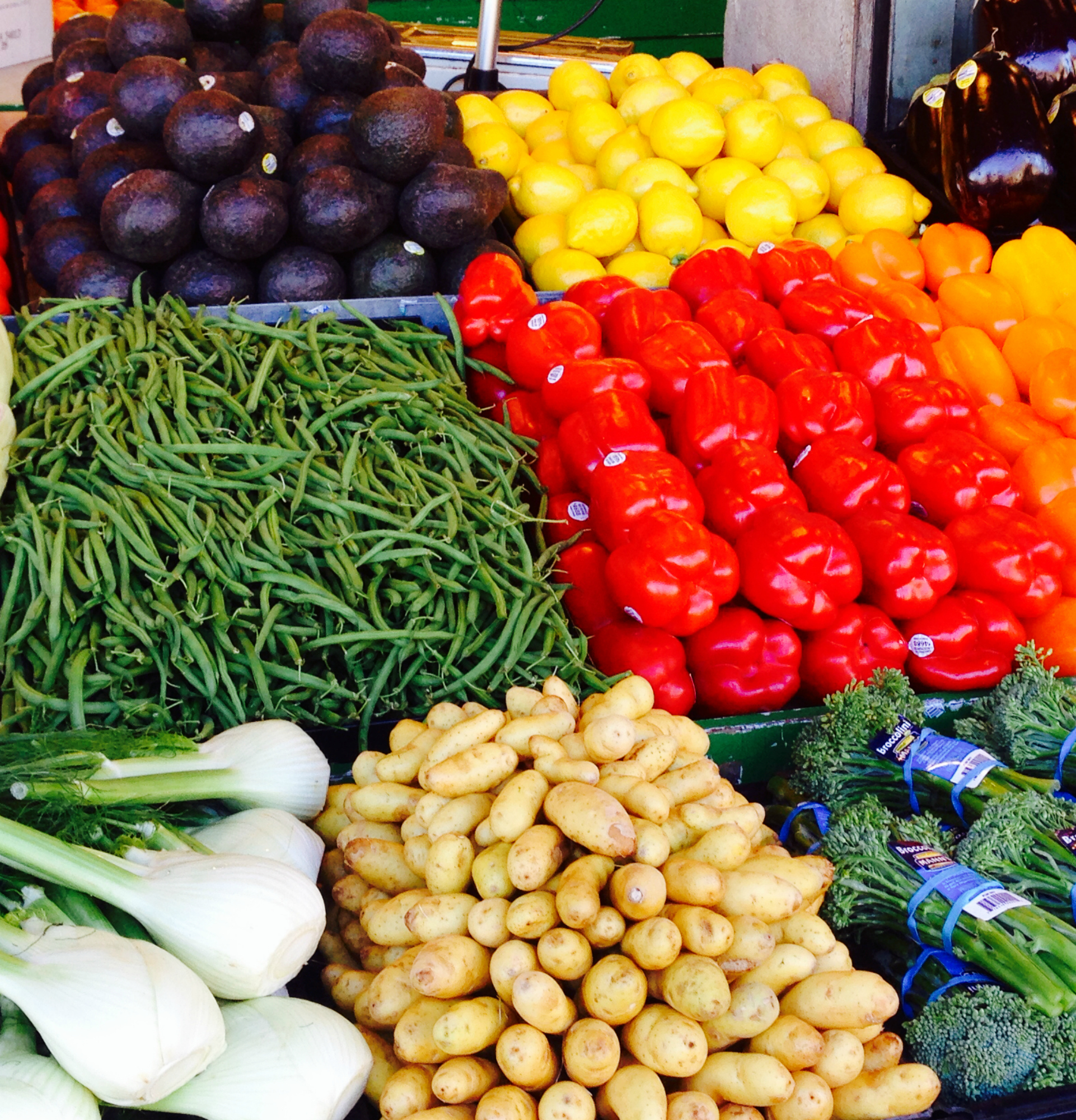
"Freshly made." "Fresh ingredients." The thing is, seeing "fresh" on labels doesn't always mean the food you're buying is actually fresh. Consumer Reports looked into prepared food from three different grocery chains. Food bars and behind-counter salads are a popular way to have seemingly healthful meals at home. What they found was that the food wasn't necessarily recently made. And that even when it was, it often contained ingredients that weren't fresh. The also tended to have higher amounts of sodium in the foods. And the labels? They weren't always accurate.
'Local' May Not Mean Local
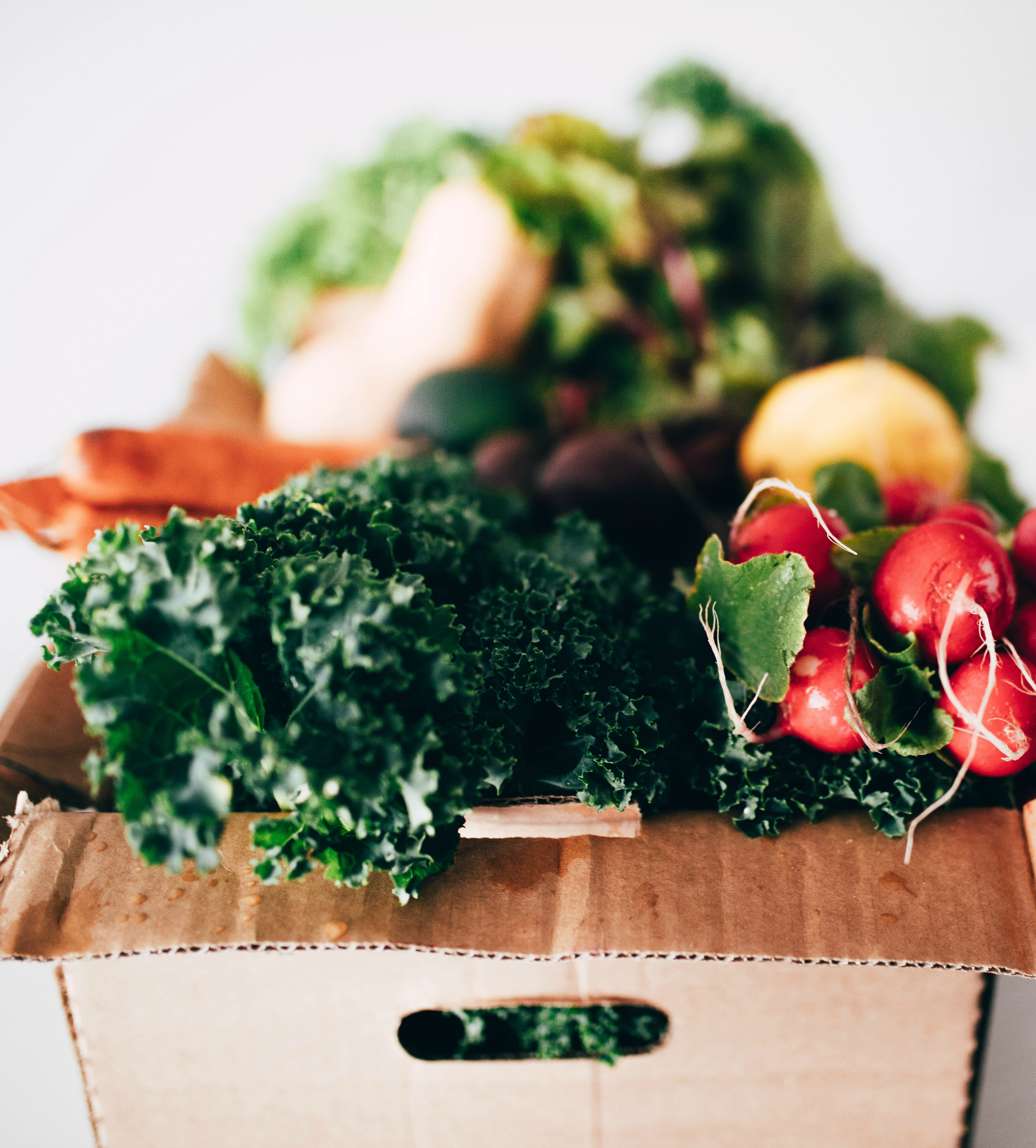
Eating mostly local foods both from the grocery store or in restaurants is not as easy as you may think. "Local" isn't a regulated term in the food industry and can mean almost anything. The Tampa Bay Times published a report a few years ago about restaurants falsely claiming the source of the food on their menus. Instead of buying or ordering anything with "local" on the label, ask questions, shop at farmers markets and get to know your local producers.
Cook Too Little

If you dine out frequently, you probably need to cook more. It's healthier, cheaper and you'll know more about what you're eating. Americans spend huge portions of their paychecks on dining out, sometimes three times a day—plus coffee breaks! Restaurant meal portions tend to be enormous, which likely means you're overeating frequently, too.
Eating Too Fast
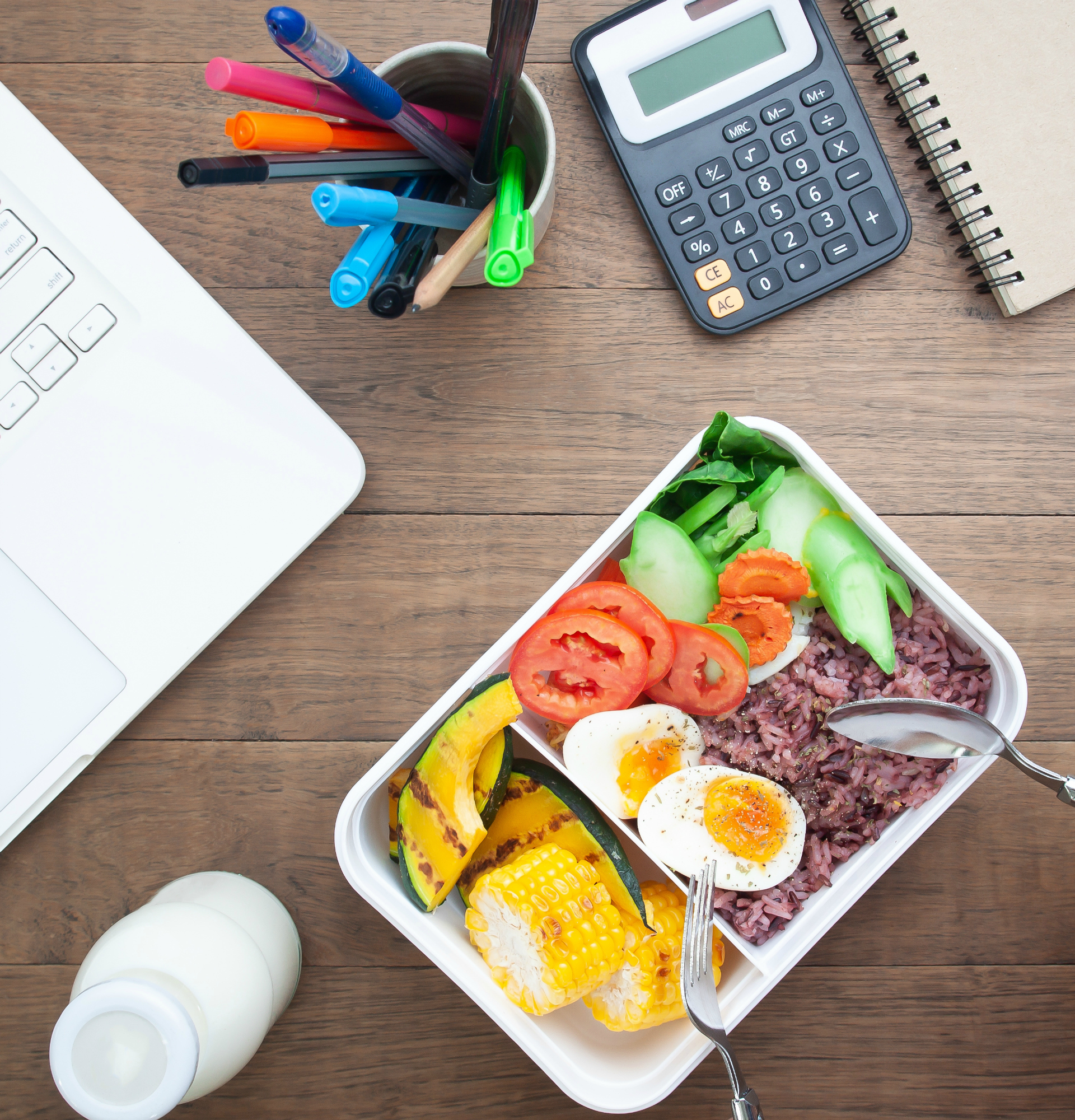
Americans tend to eat too fast, especially compared to Europeans. Home meals last just minutes, restaurants meals less than an hour (including ordering and waiting to be served). Studies have found a connection between eating quickly and obesity. In some studies, where the subjects were required to eat more slowly, they also took in fewer calories.
Banned Ingredients

Many foods Americans eat regularly are actually banned in other countries, such as Canada and those in Europe. Food regulators there found them to be unsafe for consumption. Certain food dyes, specific preservatives and a chemical used to keep yoga mats pliable all show up in foods in the U.S., but are banned through Europe. Look into what other countries say about these things and what potential dangers they pose, then decide whether you want to continue eating them.
Overeating

The U.S. is famous for enormous portions, sugary foods and eating just about everywhere. Ours is a culture of overeating. You don't have to overeat and, in fact, it's a leading cause of obesity and metabolic disorders. It takes practice, but it's a doable, eventually effortless change you can make.
Distracted Eating

Not paying attention to what you're eating can cause you to eat more, studies show. Even more important, paying attention to what you eat resulted in eating less. Results of a meta study were published in a recent issue of the American Journal of Clinical Nutrition. By paying attention, eating slows down, allowing time for the stomach to send signals to the brain that say, "Hey, all good. I'm full." Distracted eating tends to happen fast, one handful of chips right after the other.
Dieting
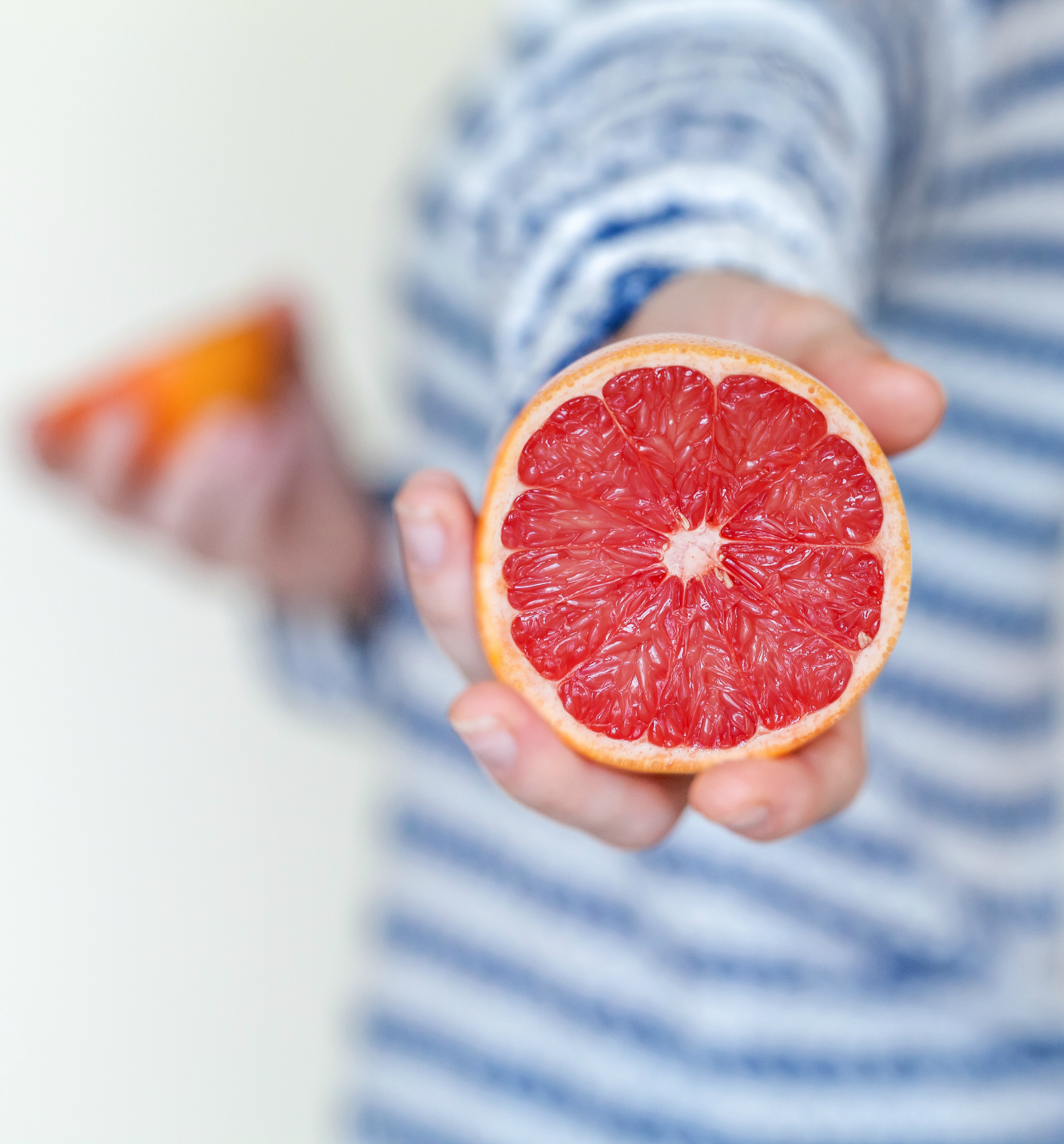
Have you always been on a diet but you're still not where you want to be? It might be time to change the way you eat to being less restrictive, less obsessive, more inclusive and happier. Some nutrition and health experts argue that the dieting mentality is linked to the obesity epidemic. Food is restricted, weight is lost, normal eating resumes … and all the weight that was lost, plus a little more, is regained.
Eating Too Few Fruits and Vegetables
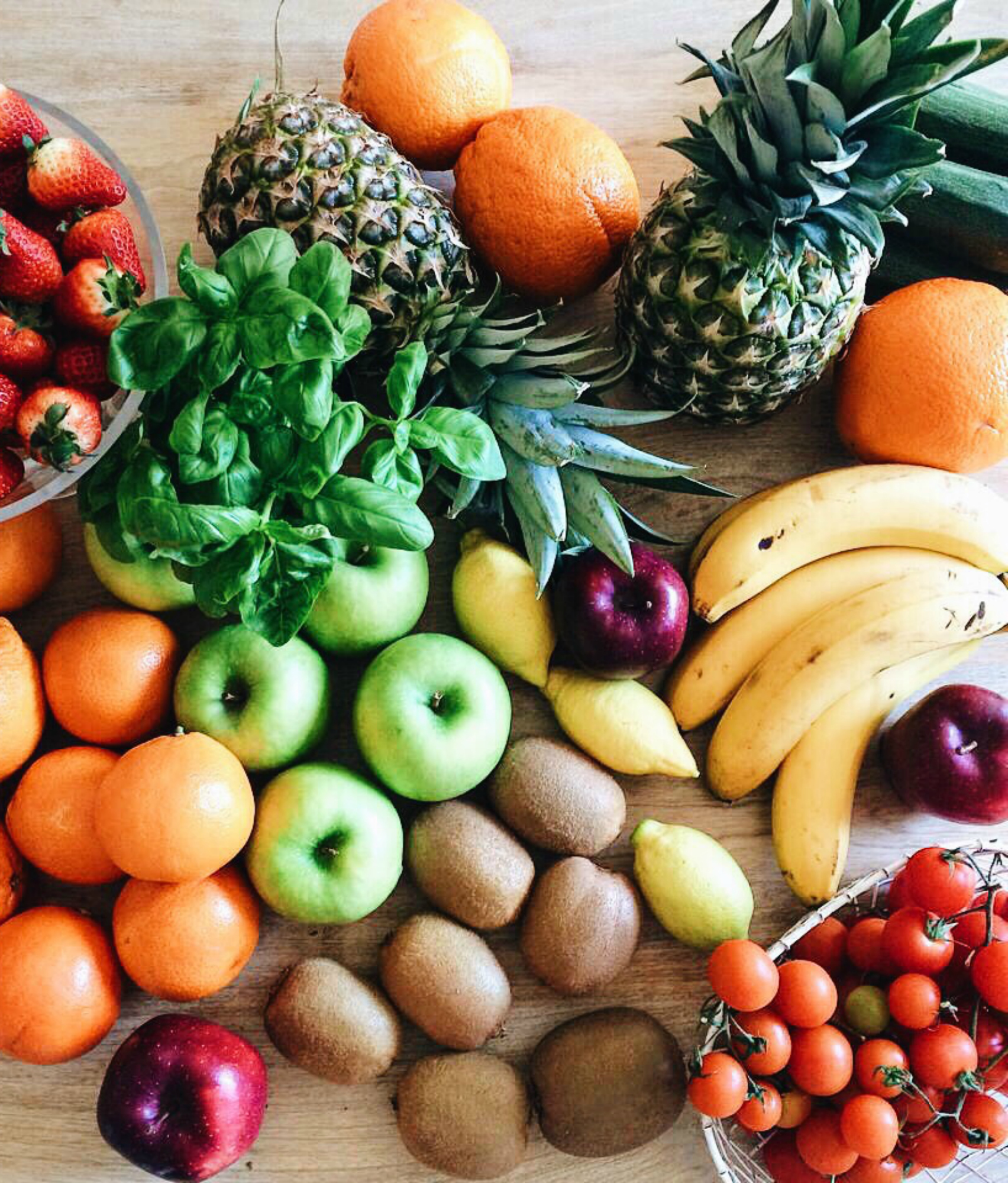
Only 12 percent of Americans eat anywhere near the recommended servings of fruits and vegetables most days. This means they're missing out on important nutrients, certainly not getting enough fiber and are probably making up for these missing elements with carbs and sugary foods that contribute to weight gain, low energy and poor health.
Skipping Meals
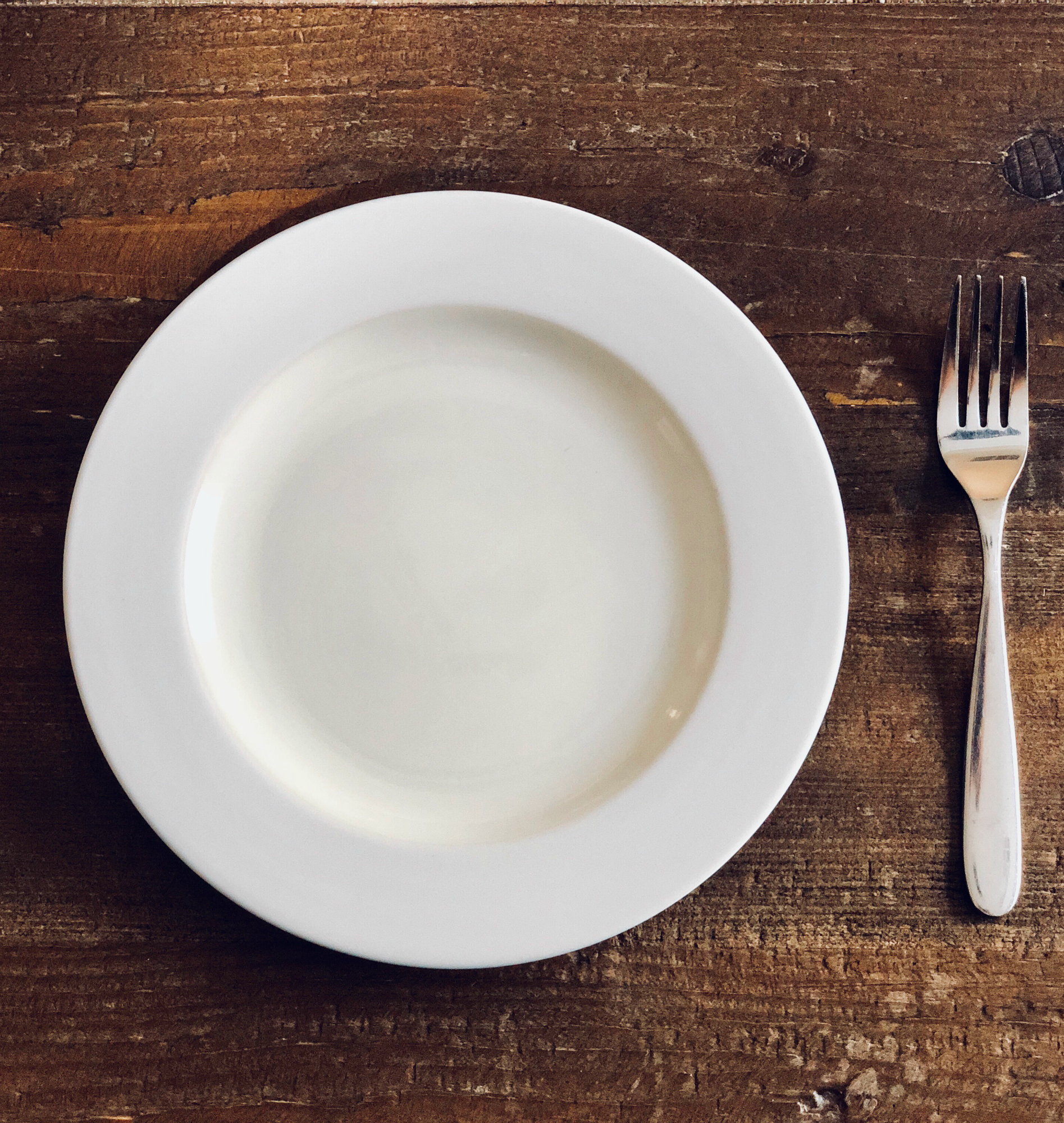
Intermittent fasting is having a moment, and for those who do it right, it brings energy, weight loss and a kind of mental clarity that improves their lives. But just up and skipping a meal, without knowing what you're doing, won't get you to the same place. In fact, skipping meals robs the brain of glucose, causing you to feel irritable and tired. It also triggers cortisol production, which makes you stressed and hangry, and also messes with your metabolism.
Sugary Drinks

Americans are drinking a lot of their calories, usually in the form of sodas or super sugary, cream-loaded coffees and teas. On average, Americans add an extra 70 calories to their coffees and an extra 50 to their teas. They're also likely having more than one a day. Though it seems somewhat negligible, these calories add up over a week, month and years.
More Water

You'd think the ubiquity of water bottles in our recycling bins would signal that Americans are getting plenty of hydration. But a recent study found that men in the U.S. need to drink more water, on average, and older people of both genders do, too. Water is essential for healthy living. It's calorie- and sugar-free and won't keep you up at night, like coffee or tea might.
Eating Alone

Some studies show that eating alone every day could put you at higher risk for heart disease and diabetes. Men who ate alone were at a 45 percent increased risk for being obese and a 64 percent increased risk of having a metabolic syndrome. For women, the effect was there, but less pronounced: 29 percent more likely to have a metabolic disease if they ate alone twice a day.
Eating When Not Hungry

For many people, eating is a way of self-comforting, of dealing with emotions such as stress and boredom. Eating when you're not hungry, especially at night, is a habit worth breaking, however. Nighttime eating can lead to poor sleep, which leads to being tired, which itself leads to overeating the next day. It's also adding unnecessary calories to the day's intake, especially if you've already eaten three meals.
More Sleep

One non-food related eating change you can make is to get more sleep. Tired brains crave food, especially sugary food. Going to bed earlier also keeps you out of the kitchen late at night. While you rest, you're increasing the number of hours your body is fasting, which is a great break from the boom and bust cycle of insulin spikes and a great eating reset for the next day.




